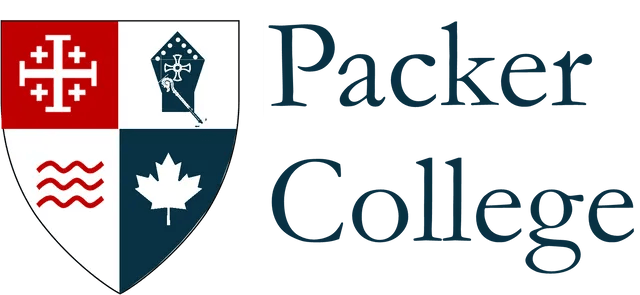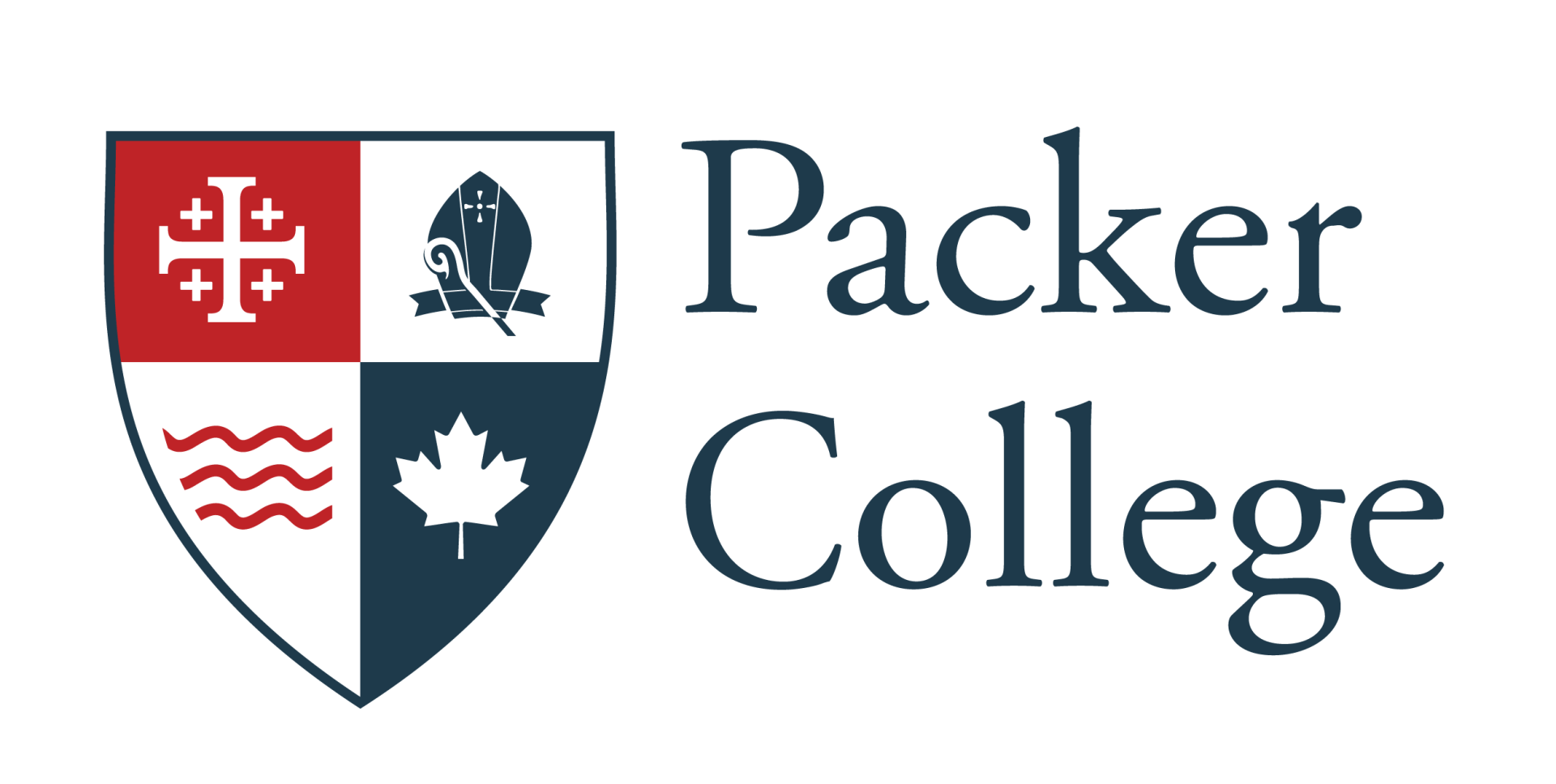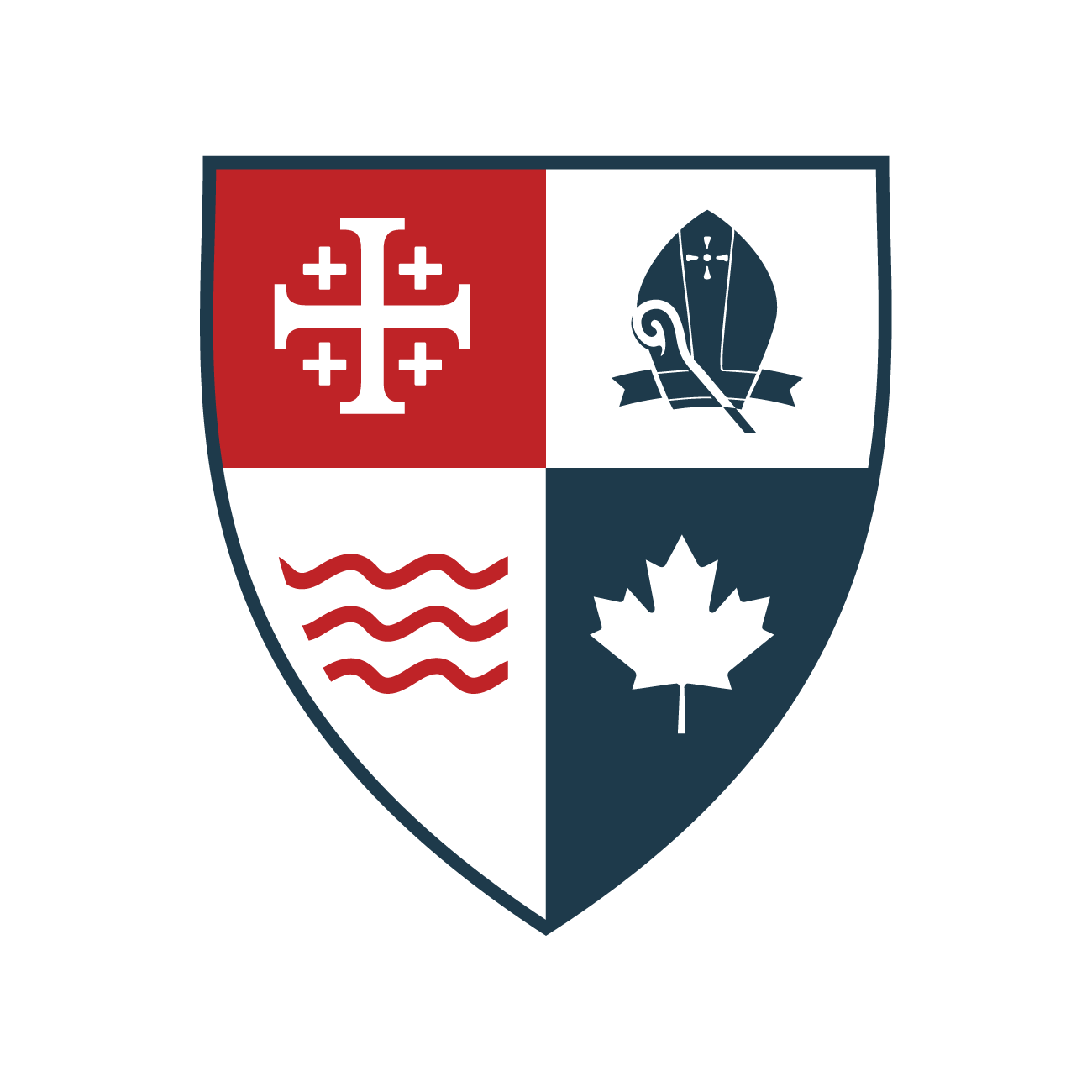Course Descriptions
HOLY SCRIPTURE
Old Testament 1: Pentateuch
A study of the first five books of the Old Testament, with special attention to literary forms, major themes, and Christological content.
Old Testament 2: Historical Books
A study of the content, message, and aims of the historical books of the Old Testament (Joshua, Judges, Ruth, I & II Samuel, I & II Kings, etc.), with an emphasis on their role in the OT corpus, as well as their relevance to salvation history and the Christian life.
Old Testament 3: Poets & Prophets
A study of the content and message of the major and minor prophetic (e.g. Isaiah, Jeremiah, Ezekiel, etc.), poetic/wisdom (e.g. Psalms, Proverbs, etc.) books of the Old Testament, with an emphasis on their function and meaning within the OT corpus, as well as their relevance to salvation history and the Christian life today.
New Testament 1: Gospels & Acts
A study of the nature and aims of the four canonical gospels – Matthew, Mark, Luke and John — plus the Book of Acts, with special emphasis on methods of interpretation.
New Testament 2: Pauline Epistles
A study of the letters of Paul to the various churches at Corinth, Ephesus, Galatia, and Rome, along with the Pauline pastoral epistles.
New Testament 3: General Epistles & Revelation
This course has its focus on the non-Pauline epistles, Hebrews, and Revelation. Dating and authorship issues are addressed, as well as methods of interpretation and integration with the entire Biblical corpus.
Hermeneutics
How the Bible is interpreted is key to understanding its message and meaning. This course studies different interpretive methodologies, and examines the importance of possessing a proper approach to God’s word.
Greek 1
Introductory Biblical Greek, for students who have not had an introduction to the language. In addition to
covering grammatical aspects, general hermeneutical principles are examined.
Greek 2
Greek exegesis for the students already having introductory Greek (Greek 1), addressing interpretation
principles as well as grammatical and translation issues.
Hebrew 1
Introductory Biblical Hebrew, for students who have not had an introduction to the language, or need a refresher. In addition to covering grammatical aspects, general hermeneutical principles are examined.
Hebrew 2 (elective)
Advanced Hebrew grammar, for those who have introductory Hebrew.
SACRED THEOLOGY
Theology 1: God & Creation
A systematic study of Christian theology proper, with special attention to the God, God and Creation, and the nature and scope of revelation.
Theology 2: Christ & Salvation
A systematic study of our revealed faith, with special attention to Christology—the person and work of Jesus the Christ, and the salvation that he achieved for his people.
Theology 3: Holy Spirit & the Church
A systematic study of the third person of the Trinity, and the nature and characteristics of the Church, with special attention to practical issues raised throughout the history of the Church.
Moral Theology
This course examines the Biblical and philosophical foundations of Christian ethics, with an emphasis on moral issues facing the 21st century church and society.
Apologetics
The systematic, philosophical, and pragmatic defense of the Christian faith, focusing on the various approaches to this defense that has been manifested in the Church over the centuries, and how this relates to the contemporary world.
Prayer Book Theology
This course examines the Book of Common Prayer from a theological perspective, taking the 1662 edition as the authoritative norm, and looking at how it provides insight into the Canadian (1962), North American (2019), and other editions.
The Thirty-nine Articles
A theological examination of the 39 Articles and their importance in today’s church. Along with the 1662 Book of Common Prayer, the Articles provide the “terms and conditions” of our Anglican heritage, and those preparing for its ministry should be conversant with its distinctive claims and positions.
Patristics
A theological examination of some of the leading lights of the patristic period, such as Tertullian, Cyprian, Origen, Athanasius, Augustine, and the Cappadocians, and how their thought influenced and continues to have relevance in the church.
Theological Latin (elective)
In addition to being an introductory course in classical Latin grammar, important theological phrases and formulations are introduced and examined.
CHURCH HISTORY
History 1: Early Church
A study of the first six centuries of the Christian church, with special attention to the distinctives of Pre- and Post-Constantinian Christianity, including key individuals and theological developments, as well as providing a focus on the cultural, historical, and organizational aspects of the church and its role in the world.
History 2: Middle Ages & Reformation
A study of both the medieval church and the 16th century Protestant Reformation, focusing on major figures, movements, and events of theological and cultural significance, including the seeds of modern denominationalism in the west. Reading and interacting with primary source material is stressed.
History 3: Modern
An examination of the history of the Church from the 17th century to the present day, with a particular focus on the formation of post-Reformation denominations in the west, the rise of world missions, and the spread of the gospel throughout the world.
History of Anglicanism
A study of Anglicanism, from the Reformation to the present, emphasizing its history and development, worship, doctrine, leading theologians and apologists, and distinctives.
PASTORAL STUDIES
Preaching 1
This course on expository preaching is designed for those wanting to learn how to craft and deliver effective and Biblically-based sermons, as well as pastors who already preach regularly and seek to improve their skills.
Preaching 2
This course continues with similar expository preaching emphasis contained in Preaching 1, though that is not a prerequisite for this course. It will focus on how to craft and deliver effective and Biblically-based sermons, for students as well as pastors who already preach regularly.
Pastoral Ministry
A practical study of ministry in the Church, including topics such as pastoral counseling, finances, leadership, visitation, parish evangelism, and conflict resolution.
Evangelism
Studies the role of personal and corporate evangelism in the life of the church, including discipleship.
Liturgics
An examination of Christian worship--its history, development, theology, and symbolism--with a particular emphasis on sacramental theology in the past and the contemporary church.
Polity
Examination of the Biblical, theological, and historical rationales for how the Church functions, and the ways that congregational, presbyterian, and episcopal systems have addressed this.
World Missions (elective)
This course views Christian mission as fundamentally a world movement, and examines the ways that the ministry of particular churches are related to other churches, as the Gospel is taken across cultures, subcultures, and cultures-in-the-making.
Lay Education (elective)
This course examines different practical aspects of training and involving the laity for ministry within local congregations.
Parish Administration (elective)
Instruction on how a parish is set up and administered effectively, in its various levels (parish council, synods, and provincial).


